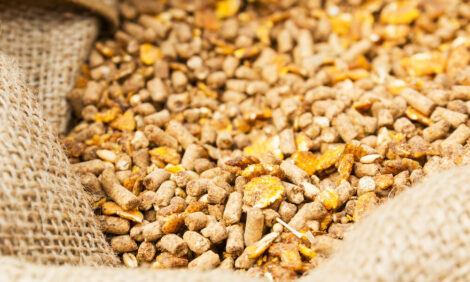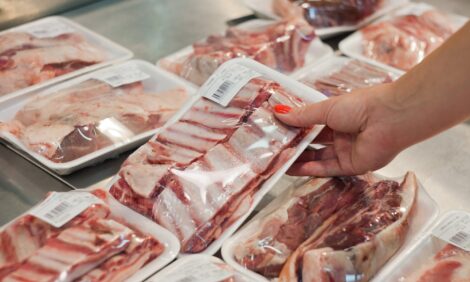



New Aspects of Boar Semen Freezing Strategies
GERMANY - Research paper published by R. Großfeld and colleagues at Friedrich-Loeffler-Institute in Neustadt, Germany. They successfully investigated ways of improving fertility after cryopreservation of boar semen.Although cryopreserved boar semen has been available since 1975, a major breakthrough in commercial application has not yet occurred. There is ongoing research to improve sperm survival after thawing, to limit the damage occurring to spermatozoa during freezing, and to further minimize the number of spermatozoa needed to establish a pregnancy. Boar spermatozoa are exposed to lipid peroxidation during freezing and thawing, which causes damage to the sperm membranes and impairs energy metabolism.
The addition of antioxidants or chelating agents, e.g. catalase, vitamin E, glutathione, butylated hydroxytoluene or superoxide dismutase, to the still standard egg-yolk based cooling and freezing media for boar semen effectively prevented this damage. In general, final glycerol concentrations of 2-3 per cent in the freezing media, cooling rates of -30 to -50ºC/minute, and thawing rates of 1200 to 1800ºC/minute resulted in the best sperm survival.
However, cooling and thawing rates individually optimized for sub-standard freezing boars have substantially improved their sperm quality after cryopreservation. With deep intrauterine insemination, the sperm dose has been decreased from 6 to 1x10(9) spermatozoa without compromising farrowing rate or litter size.
Minimizing insemination-to-ovulation intervals, based either on estimated or determined ovulation, have also improved the fertility after AI with cryopreserved boar semen.
With this combination of different approaches, acceptable fertility with cryopreserved boar semen can be achieved, facilitating the use of cryopreserved boar semen in routine AI programs.
Großfeld R, Sieg B, Struckmann C, Frenzel A, Maxwell WM and Rath D. Institute of Farm Animal Genetics, Friedrich-Loeffler-Institut, Federal Research Institute for Animal Health (FLI), Hoeltystrasse 10, 31535 Neustadt, Germany. Theriogenology. 2008. Sep 4.






